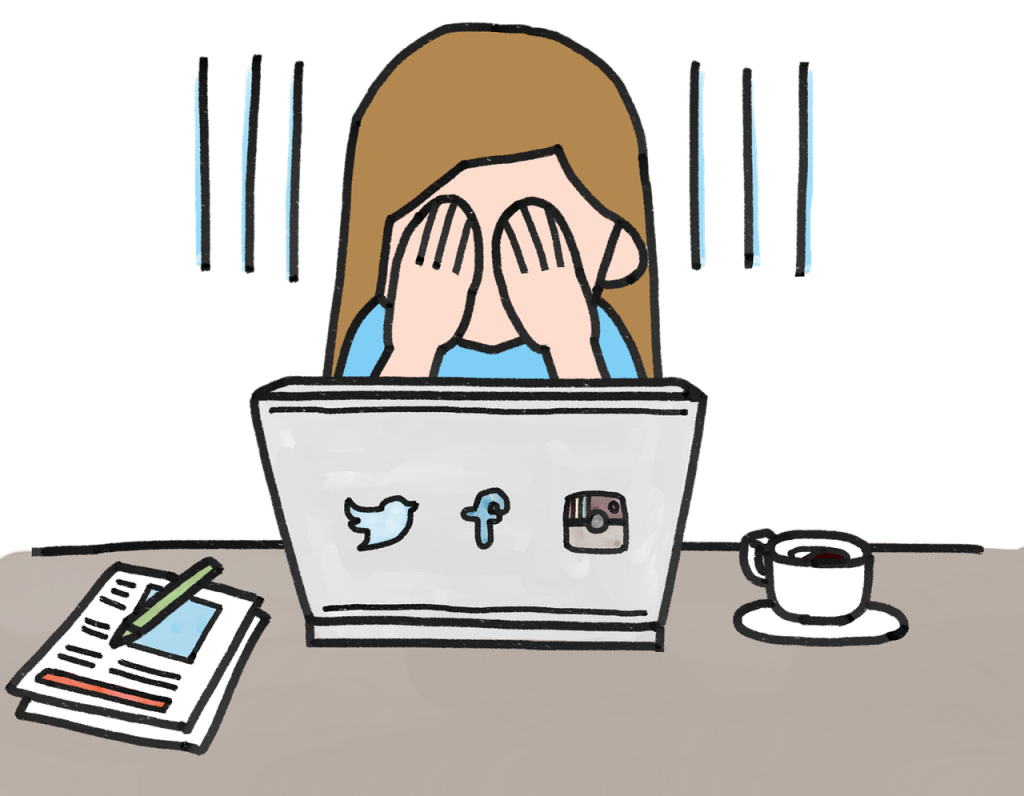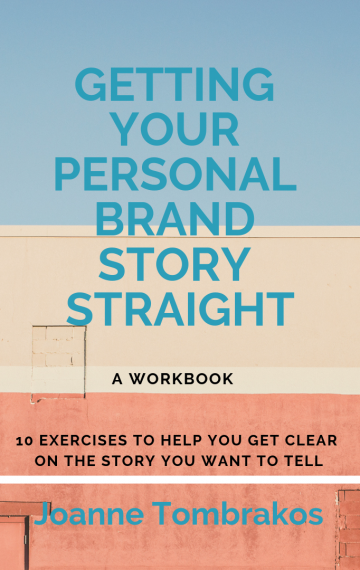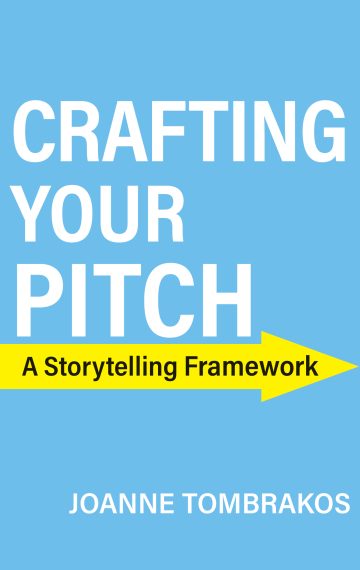
Every time I teach a class on social media, I begin by fessing up to my love/hate relationship with the platforms. My favorite to pick on is Facebook.
I had one student a few years ago who politely listened to my rants until halfway through the semester when she informed me her husband worked at Facebook and while she understood my viewpoint, since the company was putting food on the table at home, she had a more favorable impression than I did. She and her husband were intent on changing my mind and went so far as to invite me for a tour. It was a generous gesture and while I was very impressed with the New York location, I left wishing the company spent as much time vetting who is placing advertising with them as they do ensuring their employees are well fed during the work day.
I didn’t always feel this way. In the beginning, I was enamored with all the platforms including Twitter and Facebook. In fact, for a period of time, I called myself a digital evangelist. I’ve long since dropped that moniker from my profiles. These platforms do not need evangelizing. They need guard rails.
I’ve also come to acknowledge the cold hard truth which is that it is not enough to hate on them and blame them and wait for them to get their act together, especially while one continues to patronize them as I do. We each have a role in what social media is doing to our discourse and our society and if we want social media to change we have to take some responsibility.
#1 Pause before you post
Years ago and long before social media, I had a friend who was upset with himself because he had told his ex-wife she could stay with him for a few weeks. As he recounted the story, he said that he could see the words fall out of his mouth as he had uttered them and wanted to pull them back in. But he couldn’t.
Social Media is a lot like that. Once the words are out, there is no taking them back. Yes, you can hit the delete button, but even if someone did not preserve your words in a screenshot, chances are someone read it.
In the offline world, we might actually think before we speak. We’re more likely to recognize that there is a real human standing in front of us and gauge how our words might land with this person and that there could be consequences.
The thing is the same consequences hold true online. The easiest way to mitigate those consequences is to pause before you post and remember the wise words of my friend Lori Randall Stradtman who said, “Don’t post anything online you wouldn’t mind seeing on a billboard.”
#2 Read beyond the soundbite
In his book, The Hype Machine, How Social Media Disrupts Our Elections, Our Economy, and Our Health and How We Must Adapt, Sinan Aral cites a study he conducted that showed that fake news travels faster than the truth. Scary but true.
This is aided by platform algorithms designed to create engagement – a valuable currency in the buying and selling of advertising. Disinformation is intentional and sent into overdrive with the help of bots, trolls, sock puppets, and cyborgs spearheaded by bad actors.
Misinformation is unintentional and often spread by casual users of social media who don’t read beyond the soundbite, do not read the full article or watch the video or bother to vet the credibility of the source they are sharing.
We live in a world of soundbites designed to get your attention. You can blame that on the platforms, the brands who advertise on them and the media. You can also blame yourself. When you don’t dig deeper for the truth, when you don’t vet what you’re sharing you’re contributing to the problem. The good news is that you can also be part of the solution.
#3 Using your social media influence to do some good
It’s not just paid celebrity influencers who have influence. Each of us has the ability to sway opinion. After reading a post by a friend who had bought a new Black and Decker toaster oven last month and was raving about the air fryer function I checked it out and followed suit. I respected her opinion and now am the happy owner of the same product and am seriously in love with my air fryer.
Of course, your influence can also be used to do something for the greater good. You can show your support as we’ve seen many do in recent days against the violence and hate that is on the rise towards the Asian-American community.
Something as simple as posting your elation upon getting a dose of the Pfizer or Moderna vaccine is also using social media to do some good. Not only are you spreading a moment of joy that we might be nearing the end of this nightmare of a pandemic instead of sadness or cynicism about life not being the way it was, but you’re also letting others know that it is safe to get vaccinated and it is smart to get vaccinated.
And maybe – just maybe your post will convince even one single person who has been sitting on the fence mired in a sea of disinformation and misinformation about conspiracy theories from the anti-vaccine faction to get that shot. You could literally save a life.
It may sound like an insignificant action but keep in mind that the #MeToo movement started with a single tweet by one person.



Yes, thank you for this article! I think I share your opinion on social media and its use. I believe that social media is a powerful tool abused by companies, influencers, and opinion leaders to deceive and confuse people. If only the right thoughts were spread through social media our world would be a better place.